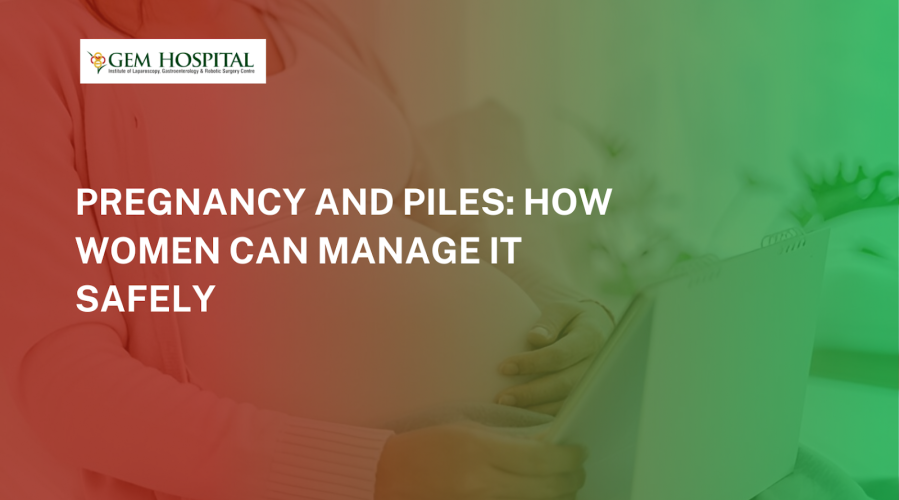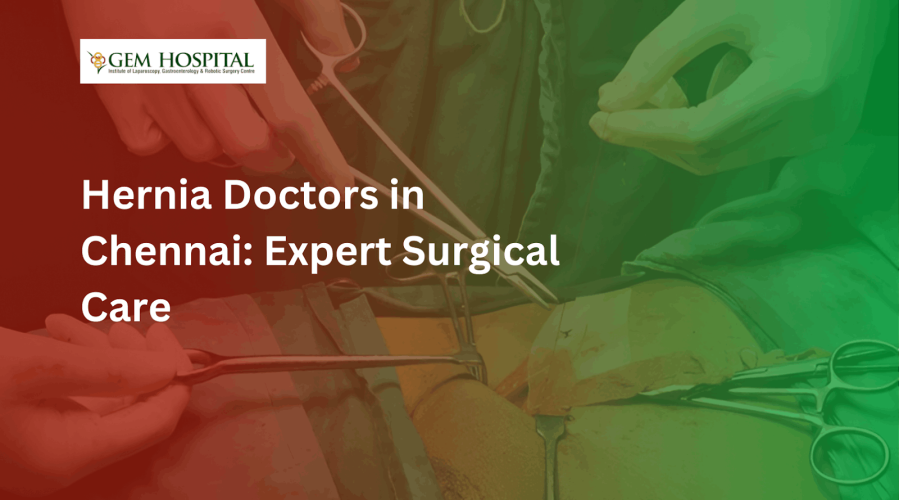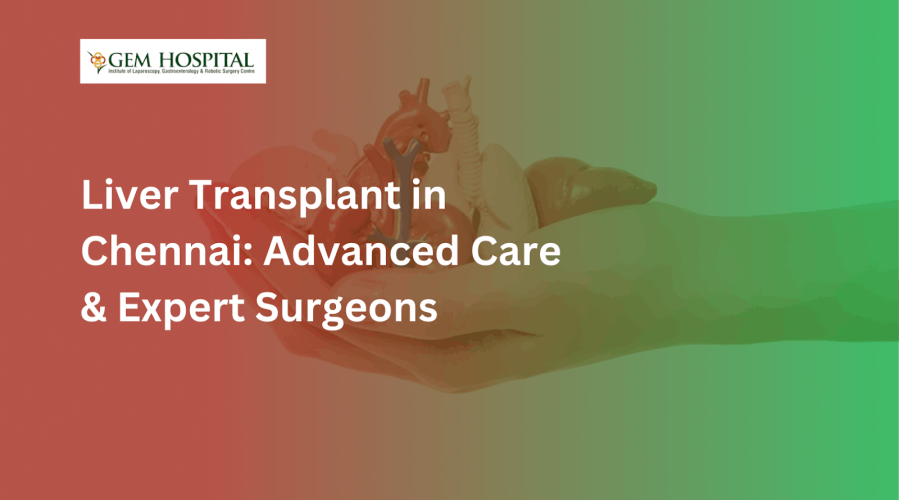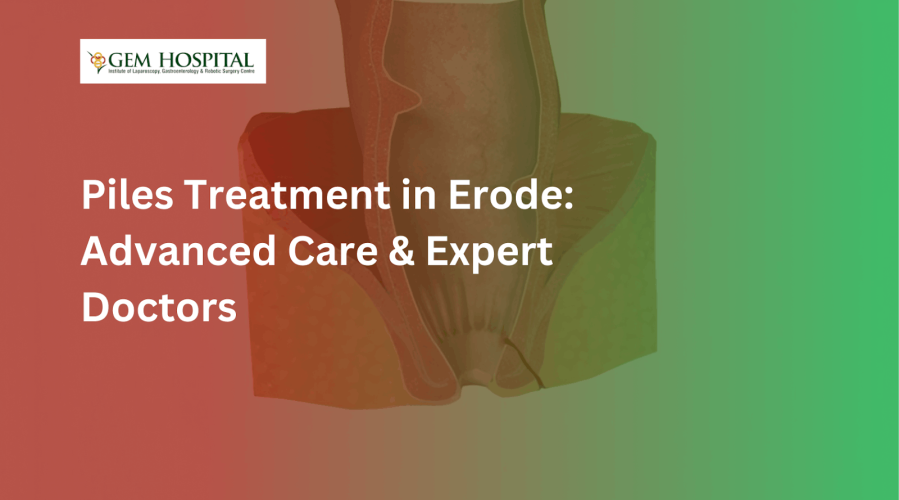Consult experienced hernia doctors in Chennai for expert surgical care. Advanced diagnosis, safe hernia surgery, and faster recovery with specialized treatment.
Pregnancy and Piles: How Women Can Manage It Safely

Pregnancy is a transformative journey filled with physical and emotional changes. While it brings the joy of motherhood, it also introduces a set of challenges for many women. Among them, one common yet often unspoken issue is piles (hemorrhoids).
Pregnancy and piles are closely linked, as the hormonal and physical changes during pregnancy significantly increase the risk of developing hemorrhoids. While this condition can be uncomfortable, with timely care and safe management strategies, women can reduce symptoms and continue to enjoy a healthy pregnancy.
Understanding Piles During Pregnancy
Piles, also known as hemorrhoids, are swollen veins in the rectum or anus that can cause pain, itching, and discomfort. During pregnancy, they often develop in the third trimester due to:
- Increased pressure on pelvic veins from the growing uterus.
- Hormonal changes, especially increased progesterone, which relaxes blood vessel walls.
- Constipation, a common issue in pregnancy, leading to straining during bowel movements.
While piles can be uncomfortable, they are not usually harmful to the mother or baby. The key lies in early management and prevention.
Symptoms of Piles During Pregnancy
Women may experience a variety of symptoms if they develop hemorrhoids:
- Itching or irritation around the anus
- Pain or discomfort, especially while sitting
- Swelling around the anal area
- Bleeding during bowel movements (small amounts of bright red blood)
- A lump near the anus that may feel tender or sore
Recognizing these symptoms early is important, as timely lifestyle changes and treatment can prevent worsening.
Why Pregnancy Increases the Risk of Piles
There are several reasons why piles are more common during pregnancy:
- Pressure of the uterus: As the uterus expands, it puts direct pressure on pelvic veins.
- Slowed digestion: Pregnancy hormones slow down digestion, increasing constipation risks.
- Hormonal relaxation of blood vessels: Progesterone relaxes vein walls, making them more prone to swelling.
- Decreased physical activity: Reduced mobility during later pregnancy can affect circulation.
Safe Ways to Manage Piles During Pregnancy
Pregnant women should focus on safe, natural, and non-invasive ways to manage hemorrhoids. Here are effective methods:
1. Dietary Adjustments
- Eat a fiber-rich diet with fruits, vegetables, and whole grains.
- Drink plenty of water to soften stools and reduce constipation.
- Avoid spicy, fried, and processed foods that may aggravate symptoms.
2. Healthy Bowel Habits
- Avoid straining during bowel movements.
- Do not delay going to the toilet when the urge arises.
- Use a footstool while sitting on the toilet to ease bowel movements.
3. Physical Activity
- Engage in light to moderate exercises like walking or prenatal yoga.
- Gentle pelvic floor exercises can improve circulation and reduce pressure.
4. Comfort Measures
- Use warm sitz baths to soothe irritation and swelling.
- Apply cold compresses to reduce pain and inflammation.
- Wear loose, breathable cotton clothing to minimize irritation.
5. Medical Consultation
- Use doctor-approved topical creams for relief.
- In severe cases, minimally invasive procedures may be recommended post-pregnancy.
Preventing Piles During Pregnancy
Prevention plays a key role in managing pregnancy-related piles. Here are practical tips:
- Maintain a balanced diet with adequate fiber and hydration.
- Stay physically active unless advised otherwise by your doctor.
- Avoid sitting or standing for long periods—take breaks to move around.
- Practice regular Kegel exercises to strengthen pelvic muscles.
- Monitor bowel habits closely to address constipation early.
When to Seek Medical Help
While mild piles can often be managed with lifestyle adjustments, medical attention is necessary if:
- There is persistent bleeding during bowel movements.
- Pain becomes severe and unmanageable.
- Home remedies and dietary changes don’t improve symptoms.
- You notice a significant lump near the anus that worsens over time.
Prompt consultation ensures that both mother and baby remain safe throughout pregnancy.
Pregnancy and piles may be an uncomfortable combination, but they can be managed safely with the right care, lifestyle adjustments, and timely medical guidance. Most cases improve after delivery, but early intervention ensures minimal discomfort during pregnancy.
At Gem Hospital, our specialists provide safe, compassionate, and effective care for expectant mothers facing piles. With advanced treatment options and a patient-first approach, we ensure that women can experience a smoother pregnancy journey.
Blogs & Article
Get advanced liver transplant treatment in Chennai with expert surgeons, modern technology, and comprehensive care for safe and successful outcomes.
Get advanced piles treatment in Erode with expert doctors. Safe procedures, modern technology, and effective care for fast relief and recovery.


